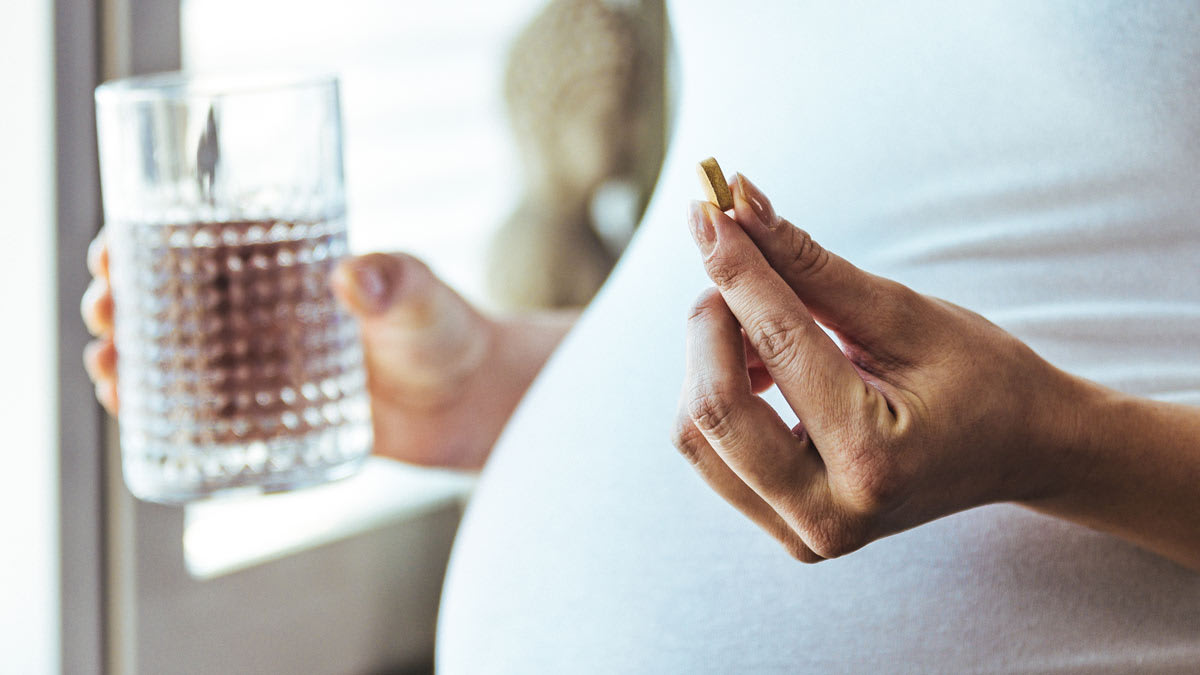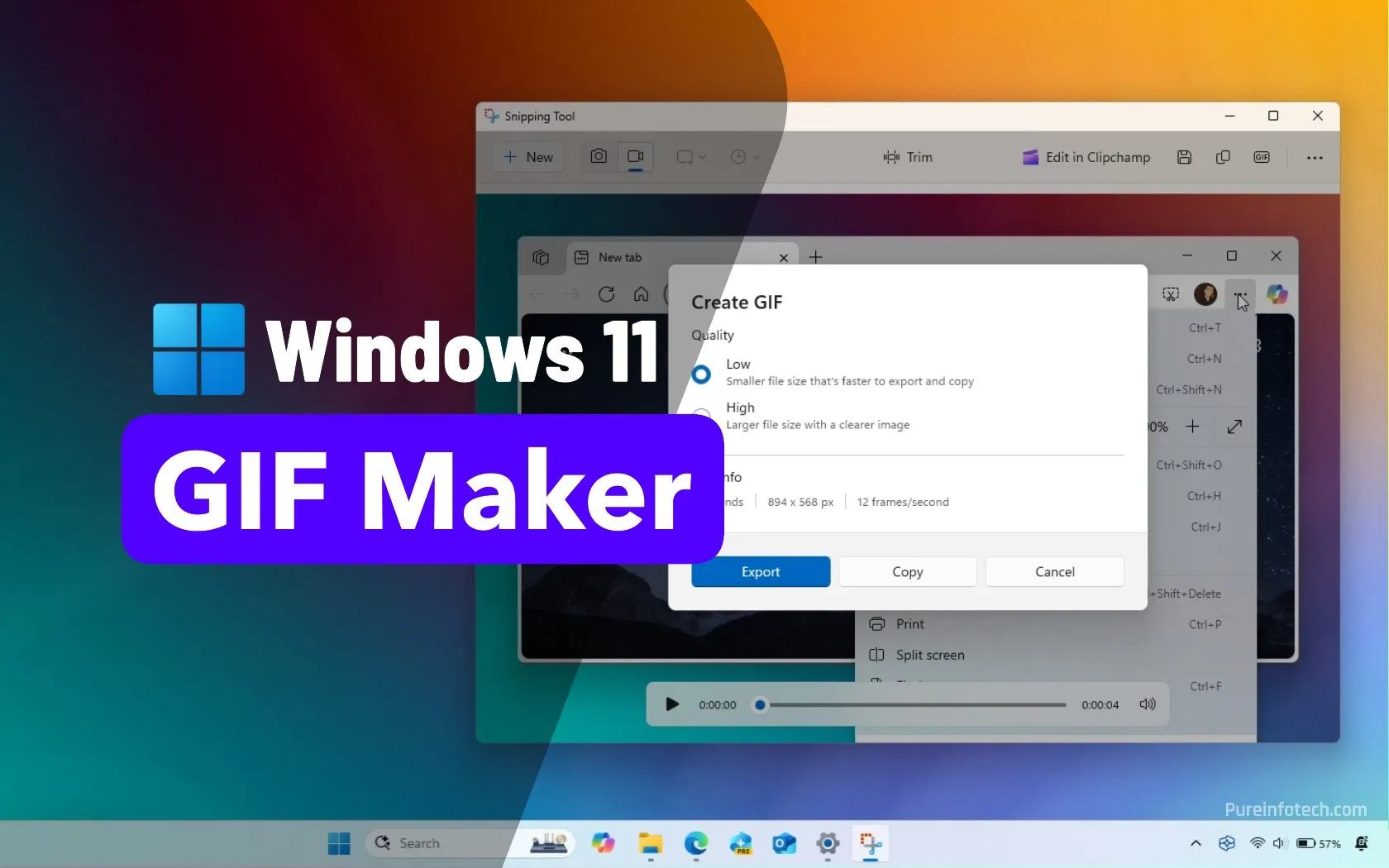How to Choose a Prenatal Vitamin

When it comes to other recommended nutrients, many of the prenatal vitamins available at your local drugstore or grocery store have lackluster formulations.
One industry-backed study, published in the journal JAMA Network Open in 2019, found that a significant number of pregnant American women don’t get enough iron, choline, folate, calcium, potassium, magnesium, zinc, and vitamins A, B6, C, D, E, and K—even with the widespread use of prenatals—while another large portion of women were at risk of consuming too much iron and folic acid. (Excessive iron intake can be toxic, and one 2013 study in Nutrition Journal found that it is associated with reduced fetal growth.) The study suggests that “responsible formulation” of prenatals could help.
“If you’re going to a CVS or Walgreens or whatever, and you’re looking at the choices in the store, I think in general most of them are lacking, as far as the quantities and the qualities of nutrients provided,” Kipping says. There are a few nutrients in particular that prenatal supplements tend to neglect. One example is choline, which is important for fetal brain development. “If you go to the supplement aisle and you pick up six random supplements, I would bet most of them wouldn’t have choline in there,” she says.
Calcium is another heavy hitter that prenatals often lack in adequate amounts, particularly in gummies, says Holly Cummings, MD, an associate professor of clinical obstetrics and gynecology at the Perelman School of Medicine at the University of Pennsylvania. Calcium is important for skeletal development of the fetus and for keeping the pregnant person’s bones strong.
“Calcium’s a really big molecule, so it’s hard to cram into these multivitamins,” Smith says. “And also generally, you don’t want to take it at the same time as your iron supplement.” According to Kipping, iron and calcium can compete for absorption. Some prenatals will include just calcium or iron rather than both; if necessary, the pregnant person could buy an additional calcium or iron supplement and take it at a different time.
Additionally, iron in prenatals can contribute to constipation and nausea, and one small research study shows that discontinuing prenatals containing iron may ease nausea and other morning sickness symptoms. (Choosing a gel capsule prenatal rather than a hard pill can be easier to stomach if you have nausea, according to Cummings.)
Source link











